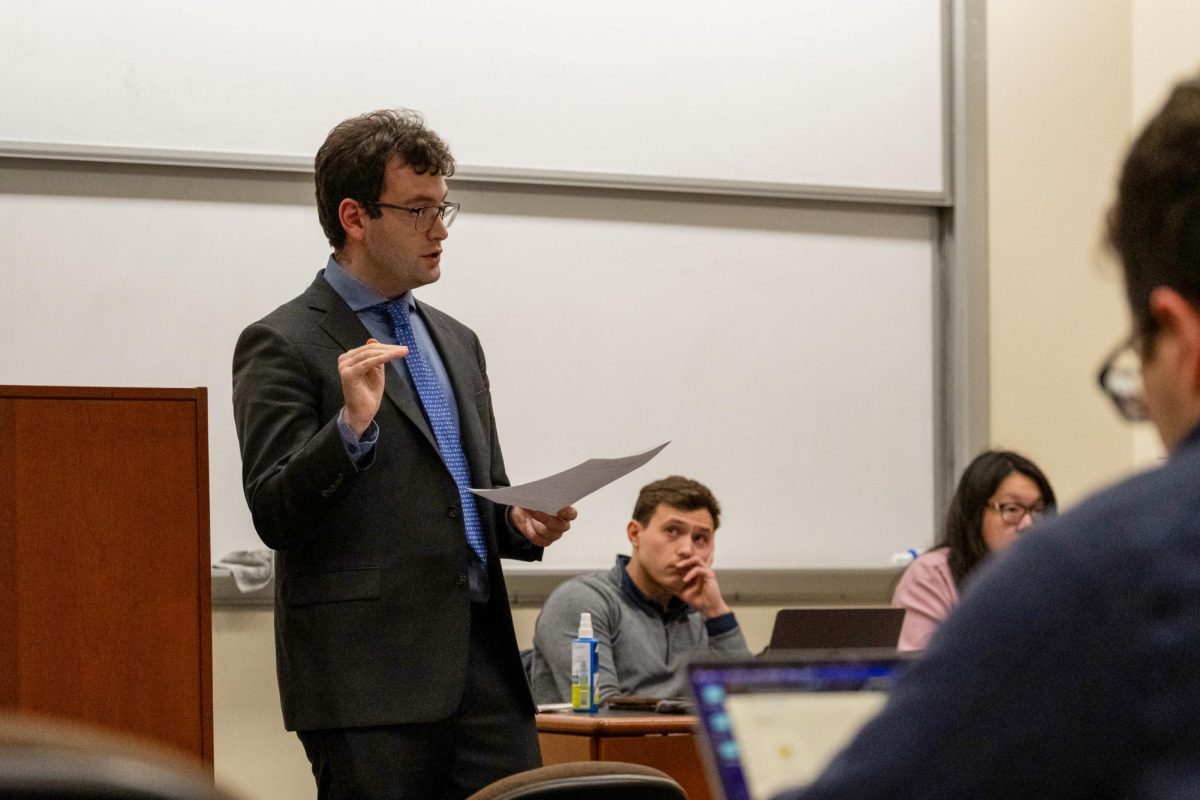Engineering students at the University receive more financial aid than those in other majors, reflecting a national trend of assistance geared toward growing the science, technology, engineering and mathematics disciplines.
Internal data from the University shows that 91.1 percent of students entering the School of Engineering and Applied Science received financial aid in 2010, of which 22.6 percent was based solely on merit. University-wide, 69.8 percent of all students received aid and just 11.5 percent received merit-based awards.
Federal and private scholarships for science, technology, engineering and mathematics majors have increased in the last five years as both the private and public sectors saw increased demands for students studying science, math and engineering.
The national push for science reflects President Barack Obama’s “Educate to Innovate” campaign, which encourages science, technology, engineering and mathematics education through funding and partnerships to bolster American performance in those fields.
Fewer than 9 percent of all SEAS students did not receive aid in 2010, a percentage that has decreased over the past four years. Across the institution, 30.1 percent of students didn’t get any financial aid from the University in 2010.
The School of Engineering and Applied Science offers an engineering-specific scholarship through the University-wide Presidential Academic Scholarships of $16,000 to $20,000.
Departmental scholarships, available across the University’s disciplines, also provide merit awards to science, technology, engineering and mathematics students, including an $8 million donation from local construction mogul A. James Clark for engineering student scholarships.
Senior Taylor Sandelius transferred from the Elliott School of International Affairs to study computer science in SEAS, and said she then noticed a $7,000 boost to her financial aid package.
“Transferring from Elliott to SEAS provided me with more financial aid from GWU,” she said.
Associate Vice President for Financial Assistance Dan Small maintained that the University does not actively use financial aid to incentivize science, technology, engineering and mathematics majors.
Establishing GW as a research institution is a top priority of University President Steven Knapp, who oversaw the groundbreaking of the Science and Engineering Hall last month – a facility administrators hope will attract science students.
Enrollment in SEAS jumped from 528 students in 2006 to 648 in 2010, according to data from the Office of Institutional Research and Planning. The school’s most popular majors are biomedical engineering and mechanical engineering.






